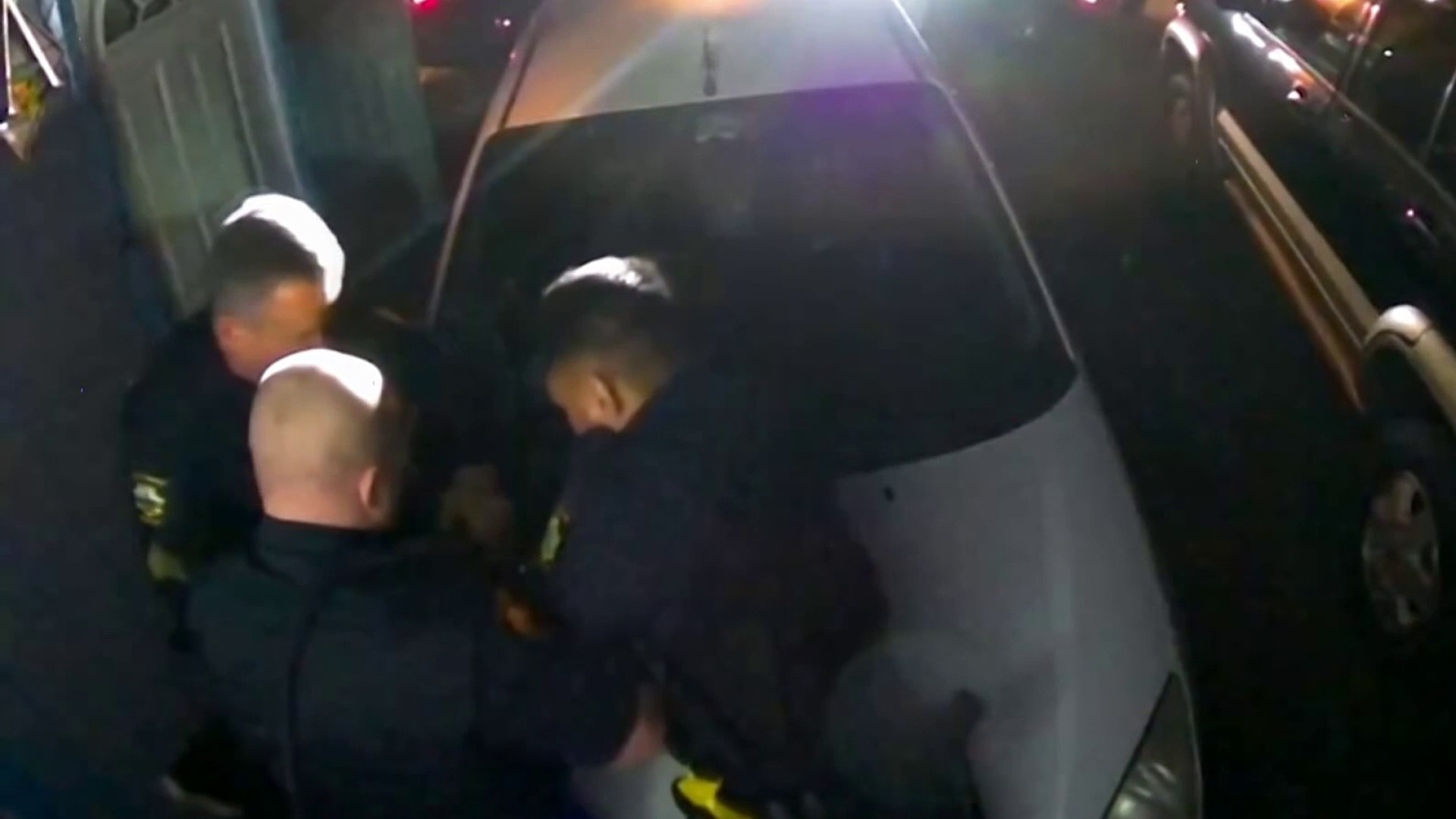San Francisco became the third Bay Area county to confirm an enterovirus case, a day after both Alameda and Solano counties confirmed the strain in their residents.
The SF Department of Public Health confirmed Friday that Enterovirus D-68 was found in a San Francisco resident — a child under the age of 18 who was admitted to an out-of-county hospital for two days in mid-September and discharged in good condition.
Enterovirus is a viral infection circulating widely in the United States and has been diagonised in a number of California counties.
“Enterovirus D-68 usually causes mild symptoms similar to a cold or a flu,” said Dr. Cora Hoover, Director of Communicable Disease Control and Prevention for the San Francisco public health department. "Occasionally it can cause severe respiratory symptoms, especially in children with a history of asthma."
Medical tests show two people have tested positive for a strain of enterovirus, the Alameda County Public Health Department confirmed on Thursday. Solano County public health officials on Thursday also confirmed the first reported case of enterovirus D-68 (EV-D68) in a school-age child in their county.
EV–D68 was first discovered in California in 1962 and is one of about 100 enterovirus types. It is not diagonised very frequently, but has caused periodic outbreaks in the U.S.
There is no specific treatment or vaccine for the virus.
Local
As of Oct. 1, the California Department of Public Health has confirmed enterovirus D-68 infection in 14 patients in the state this year.
To prevent transmission of EV-D68, you should:
— Wash hands often with soap and water for 20 seconds, especially after changing diapers.
— Avoid touching eyes, nose and mouth with unwashed hands.
— Avoid kissing, hugging, and sharing cups or eating utensils with people who are sick.
If you are sick, stay home from work or school.
— Cover your cough and sneeze.
— Disinfect frequently touched surfaces, such as toys and doorknobs, especially if someone is sick.
For more information visit the CDC website.



